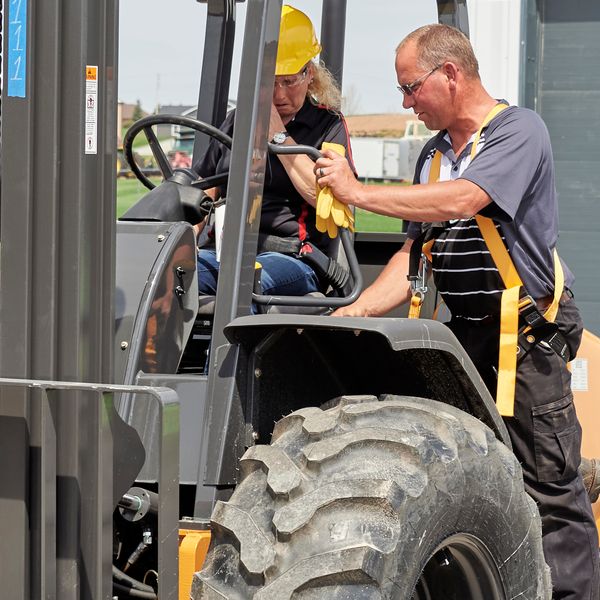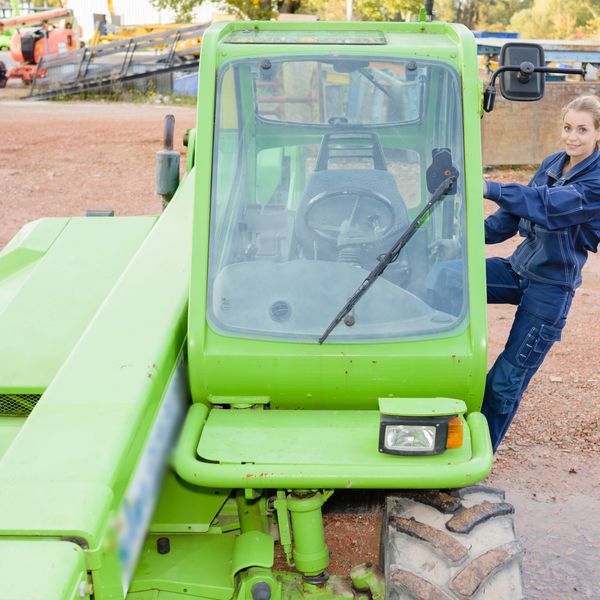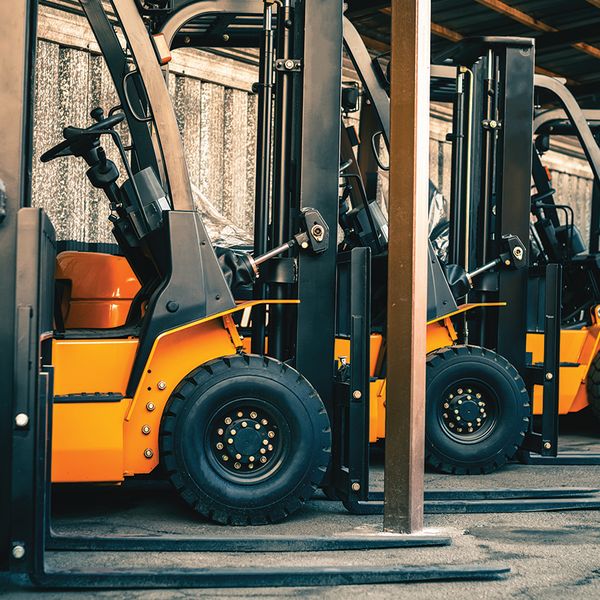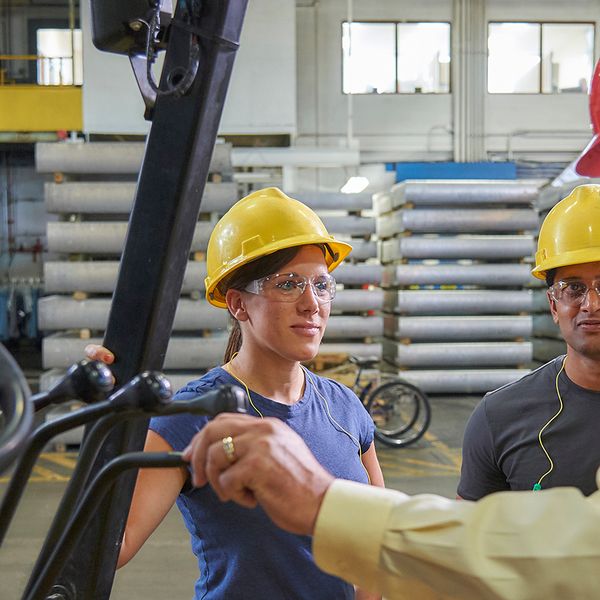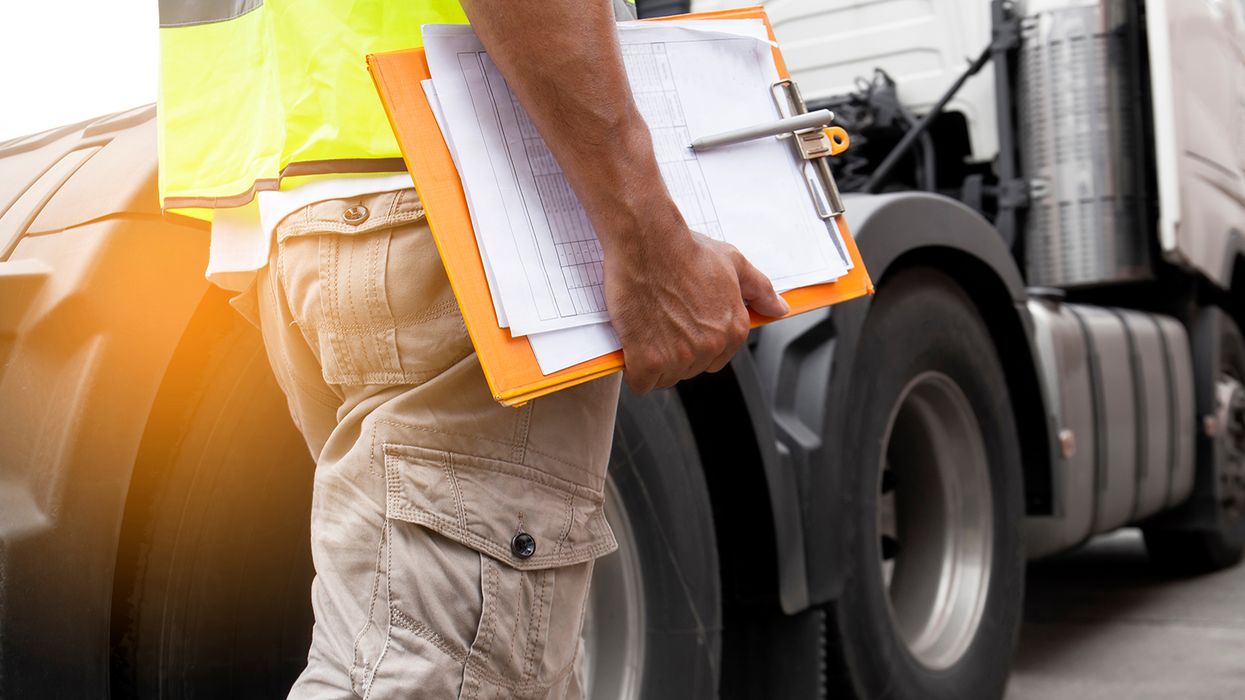Commonly asked questions about forklift licensure and certification
Are your forklift operators certified? Do they need a state driver’s license? Are they physically able to operate forklifts? All are commonly asked questions — so, let’s make sure you're compliant.
The intent of the standard
OSHA’s powered industrial truck (PIT) standard (29 CFR 1910.178) is intended to ensure the safe use of fork trucks, tractors, platform lift trucks, motorized hand trucks, and other specialized industrial trucks powered by electric motors or internal combustion engines. The standard outlines requirements for operational permits and certification.
And, though not specified in the standard itself, PIT operators must be at least 18 years old per federal child labor regulations.
License and certification Q&A
The OSHA PIT standard clearly defines requirements for training and certification. However, some licensing and certification information isn’t as clear. Here are some clarifications:
Q: Who can train, evaluate, and certify PIT operators?
A: OSHA requires in 1910.178(l)(2)(iii) that, “All operator training and evaluation shall be conducted by persons who have the knowledge, training, and experience to train powered industrial truck operators and evaluate their competence.” The OSHA standard doesn’t further define this requirement or set any specific or additional certifications.
Q: Does OSHA require PIT operators to have a valid driver's license?
A: Federal OSHA has no requirement that a forklift operator has a valid motor vehicle driver's license. Some states are more stringent, so check your local and state requirements to confirm.
Q: Does OSHA have regulations that impact an employee’s ability to operate PITs if they’ve received a DUI or suspended license?
A: Because OSHA doesn't require a valid motor vehicle driver's license, the status of that license doesn’t impact PIT operator permitting. Individual states or the employer may have policies that dictate otherwise.
Q: Are PIT drivers required to have their license on them when they are working?
A: Federal OSHA doesn’t require PIT operators to have a license or permit. However, some states such as Michigan do require this. Typically, in states that require a permit or license, the license must be “readily available.” Companies have the option to require the permit or license be carried with the operator.
Q: Are operators required to be trained on each manufacture of PIT model?
A: A June 15, 1999, OSHA letter of interpretation (LOI) clarifies that operators are to be trained and evaluated in the safe operation for the type of truck they’ll be assigned. Operators wouldn’t need additional training for same truck types but would need additional training when truck- or workplace-related training topics are different.
Q: Do PIT operators need to be recertified if they move from one state to another with the same company?
A: In an LOI dated October 1, 1999, OSHA states, "As long as the employer has a reasonable basis to believe that the third-party trainer is qualified and has a program that meets the requirements of the standard, it can rely on that trainer to conduct the training and evaluation of employees and can certify that these employees have been trained. However, the employer may need to provide additional training on site-specific or truck-specific matters." This shouldn’t require retraining for the same type of forklift as already certified; however, workplace conditions or other factors of the new work location may require training for forklift operation in the other state(s).
| Interested in information on how material handler training can help forklift operators? See our Compliance Network article "To improve forklift safety, train material handlers." |
Operator Impairments
In addition to being properly trained and evaluated, OSHA expects employers to ensure physical capabilities. OSHA references the American National Standards Institute (ANSI) Standard B56.1-1969. Section 6 clarifies that, “Operators of powered industrial trucks shall be physically qualified. An examination should be made on an annual basis and include such things as field of vision, hearing, depth perception, and reaction timing."
Employers should consider OSHA PIT regulations and the General Duty Clause, ANSI standards, and the Americans with Disabilities Act (ADA) requirements when evaluating physical qualifications. In short, if a worker demonstrates the visual, auditory, and mental ability to safely operate PITs, he or she is permitted to operate them.
Keys to Remember
OSHA requires employers ensure the safe use of forklifts and other powered industrial vehicles. Employers must ensure operators have the knowledge, skills, and physical ability to safely operate PITs.





